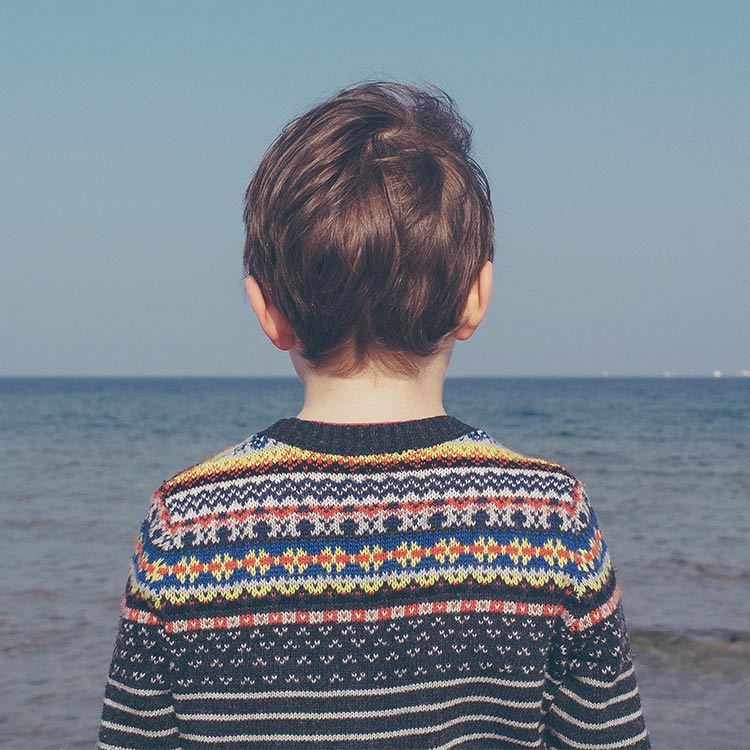Helplines
Lifeline
13 11 14
Kids Helpline
1800 55 1800
headspace
1800 650 890
beyondblue
1300 22 4636
To give you the best experience, this site uses cookies. Learn more about cookies
Discover. Prevent. Cure.
We're searching for answers to some of the most common and complex childhood diseases, conditions and issues. In addition to our four research themes (Indigenous Health, Brain and Behaviour, Chronic and Severe Diseases, Early Environment), you can also discover more about specific research we're involved in and the technology we use.
Discover what drives us as an organisation. Learn about history and the impact of the Institute along with the amazing ambitious goals we've achieved so far in the field of children's research.
Join us! Get involved with Telethon Kids through providing a donation, volunteering your time, participating in important research, or with a professional commitment to the institute.
Different audiences rely on us for very different things. Whether you're a valued donor, curious professional researcher, inquisitive member of the public, or a corporate supplier looking to offer support - we've collated the resources you need.
 Dr Jessica Tearne, Clinical Psychologist and Child & Adolescent Mental Health Researcher at Telethon Kids, says that it's normal for children and teenagers to experience a range of emotions, including sadness.
Dr Jessica Tearne, Clinical Psychologist and Child & Adolescent Mental Health Researcher at Telethon Kids, says that it's normal for children and teenagers to experience a range of emotions, including sadness.
It’s all part of the process of emotionally maturing and preparing for adulthood.
However, childhood depression is more than just feeling sad, and may warrant help from a mental health professional. If you have concerns for your child's immediate safety, don't hesitate to call a service such as Lifeline (131 114) or speak with your local hospital.
So how do I know if my child could be depressed?
Persistent changes (most of the day, every day) in thinking, feelings, and behaviour over two or more weeks. This might vary from child to child, but can manifest in things like:
What can I do to help?
The best thing for a parent to do is to talk to their child about what is happening for them, and explain that you will go to the doctor together so you can make a plan to get some help.
Make an appointment with your GP who can refer to a specialist if need be (such as a paediatrician, psychologist, or psychiatrist).
External Resources
Kids Matter - How Depression Affects Children
NHS - Is Your Child Depressed?
Raising Children - Depression: Children 3-8 Years
Lifeline
13 11 14
Kids Helpline
1800 55 1800
headspace
1800 650 890
beyondblue
1300 22 4636